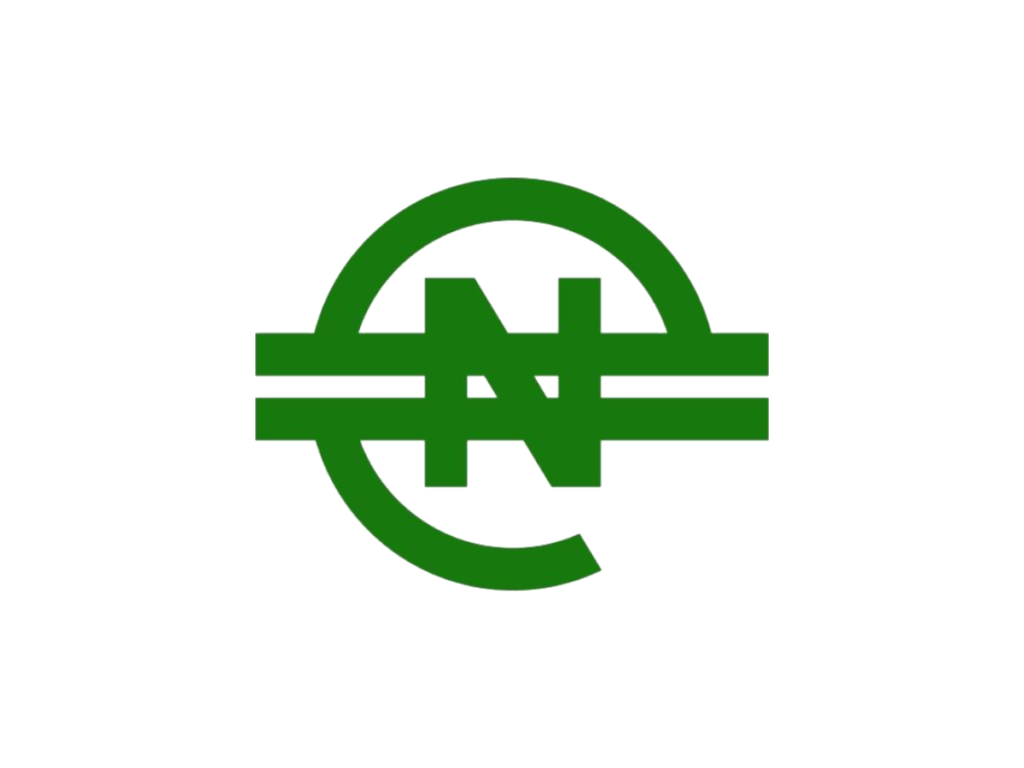Discover why Nigerians are hesitant to embrace the government-backed eNaira CBDC and the obstacles it faces in gaining popularity.
The eNaira was publicly unveiled as a central bank digital currency (CBDC) on October 25, 2021, by the Central Bank of Nigeria (CBN). The eNaira is a fully legal tender central bank digital currency (CBDC) introduced by the Central Bank of Nigeria (CBN). Additionally, it is supported by Nigeria’s total sovereignty. After the Bahamas, the eNaira was the second CBDC that was entirely public. People hold the eNaira in digital wallets similarly to how they do with Bitcoin or Ethereum. It is transferrable digitally and utilized in financial transactions. Even better, it costs practically nothing to transmit the eNaira to anyone in the world.
Given that the CBN issues the eNaira, trust should naturally exist in it. The CBDC is truly struggling with popularity in Nigeria. The CBN is in charge of overseeing the financial market’s overall regulation as well as the FX market. However, neither the CBN nor the Nigerian SEC have licensed any brokers as of yet. This article will examine the reasons why Nigerians are having trouble accepting the government-backed eNaira.

Adoption in eNaira
As of October 2022, fewer than 1.15 million Nigerians, according to Bloomberg, had used the digital money. About 0.5% of the population of the country is represented by this. Only 1.4 million transactions have been made on the entire platform since it started, the Central Bank of Nigeria (CBN) told reporters. Compared to other mobile money payment methods, this is incredibly low.
The eNaira app received 694,000 downloads from 160 different nations in January 2022. According to Aljazeera, it also had more than 35,000 transactions. About 98.5 percent of the currency wallets downloaded after the introduction of the digital currency were abandoned, according to the International Monetary Fund (IMF). Only 1.5% of downloaded wallets successfully completed the weekly eNaira transactions, according to data from the IMF. The eNaira Speed Wallet app has ratings of 2.9 on the Android Play Store and 2.2 on the iOS App Store based on user reviews. There seem to be a lot more complaints than compliments, both online and in person. According to what we could gather, the government-backed eNaira is having trouble gaining popularity as a result of the problems listed below.
Online accessibility
The limited or unavailability of internet infrastructure, particularly in rural areas, has been a hindrance to the implementation of the eNaira. The Nigerian Communications Commission (NCC) estimates that as of October 2022, 30 million people in Nigeria will still be without internet access. The percentage of Nigerians who use the Internet is 51%. 109 million people use the Internet, despite a penetration rate of only 51%. One distinguishing aspect of internet usage in Nigeria is the great prevalence of mobile internet. In Nigeria, more than 84% of internet traffic is generated by mobile devices. People who want to use cash but don’t have internet access may be unable to do so.
Confidence in the government
Lack of confidence is one of the main problems the CBN and the eNaira are facing. The apex bank and its policies are not well-liked by many Nigerians. This could be a result of measures like the ban on cryptocurrencies, the closure of bank accounts linked to cryptocurrencies, forex manipulations, and the most recent redesign of the naira. As a result, many are reluctant to use eNaira because they worry about losing money. Particularly, people hurt by the crypto crackdown have trouble believing in the CBN. Because efficient banking is founded on trust between banks and savers, developing trust is crucial. Unfortunately, the eNaira’s slow acceptance highlights how hard it is to win over the public’s trust.
Tech aspects of the eNaira
Customers are challenged by the currency’s existing design. Under the current configuration, the central bank will have access to all eNaira transactions. Sadly, customers may feel that the anti-laundering capabilities built into the eNaira violate their privacy. This is due to the government’s ability to keep track of every citizen’s finances and potentially utilize that information to exert control. Now, this brings up the significant centralization issue with the eNaira. Potential users become concerned because of this. The majority of blockchain and cryptocurrency network designs seek to give the people back control by being open and transparent. The eNaira, on the other hand, seems to be designed to maintain as much government control as possible.
Conclusions regarding the eNaira
The eNaira’s adoption is proving to be challenging. This calls for a review of its value offer and a look at the mobile money market in Nigeria. Additionally, the CBN needs to win back the public’s trust. A positive rapport with the public must be built in order to win their trust. Additionally, a carefully planned public-private partnership is necessary. This would guarantee the effectiveness and safety of e-money and mobile money transactions.
Depending on how the CBN manages the eNaira, the private banking sector’s efforts to financial inclusion may suffer. It is obvious that the CBN has to do more to promote the use of the eNaira. They could quickly include it into the current mobile payment system if it is successful. They may achieve this by integrating a mobile CBDC wallet into it to serve as a safer store of value for consumers of mobile money. It can also serve as a bridge tool to promote interoperability across mobile money operators. A approach where the eNaira increases its own retail contact points outside of banks is preferred to this one. This would result in the economy’s private sector being replaced by the central bank.











